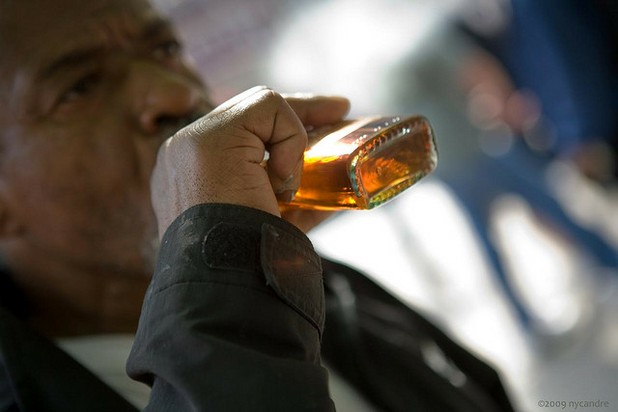- Story Highlights
-
- Gastric Bypass Increases Risks of Alcohol: People get drunk quicker and stay drunk longer and this increases the risks of developing a problem
- Doctors Need to Inform Patients of the Risks: Patients need to know of the increased risks of alcohol abuse when considering the surgery
Gastric Bypass Surgery Increases Likelihood of Developing an Alcohol Abuse Problem
Researchers at the University of Pittsburgh Medical Center say having gastric bypass surgery raises a person’s risk of developing an alcohol abuse problem by 50%.
The Study
The research team followed 2000 patients scheduled for obesity surgery at 30 days pre-op and at one and two years post surgery, and asked patients to fill out questionnaires on alcohol habits at each interval.
The Results
- Roughly 25% of the patients had laparoscopic adjustable gastric banding surgery. Alcohol abuse rates among this population remained steady at about 5% pre and post surgery (this is lower than the roughly 8% abuse rate among the general population).
- 70% had gastric bypass surgery. Abuse rates among this population rose from 7% pre surgery to almost 11% two years post surgery – a more than 50% jump.
The Explanation
So why does gastric bypass cause such a significant increase in alcohol abuse problems?
Lead researcher Professor Mary King says it has to do with the way post surgery alcohol gets absorbed into the bloodstream, explaining, “if you give gastric bypass patients a standard amount of alcohol, they reach a higher peak alcohol level, they reach the level more quickly, and they take longer to return to a sober state – they’re experiencing alcohol differently after surgery.”
Knowing this, she said, they weren’t really surprised when they observed such a large post gastric bypass surgery increase in alcohol abuse problems among the study participants.
King says say that while gastric bypass is still going to be a valid option for a lot of people, that doctors need to do a better job educating people about some of the peripheral risks, such as the risk of increased drinking post surgery, saying “This is really something that needs to be a part of patients’ discussions with their surgeons…Patients need to hear information when it’s applicable to them. They need to be reminded at annual follow-up screenings as a part of clinical care, so referrals to counseling can be given, if needed.”


